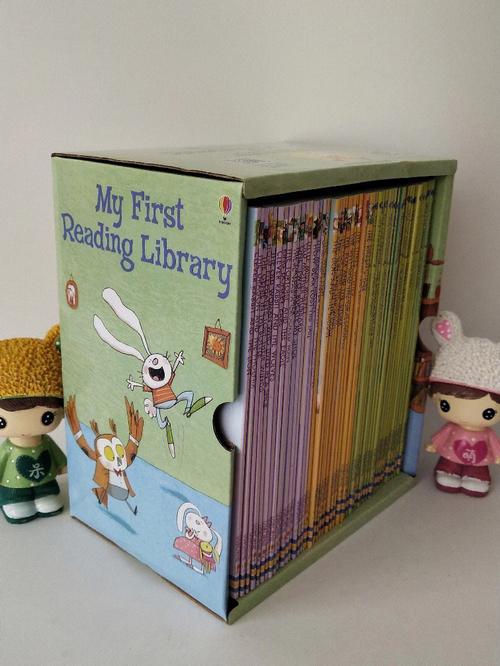那儿有一个图书馆用英语怎么说
Title: Enhancing English Proficiency in Library Settings
In a library setting, mastering English can significantly enrich one's ability to navigate resources, communicate effectively, and engage with a diverse range of patrons. Here’s a comprehensive guide to enhancing English proficiency in the context of a library:
1. Vocabulary Building:
Reading Habits:
Encourage regular reading habits among staff to expose them to diverse vocabulary.
Contextual Learning:
Introduce vocabulary in the context of library tasks and interactions to enhance retention.
Word Games:
Organize word games or vocabulary challenges to make learning enjoyable and interactive.2. Language Skills Development:
Listening Practice:
Incorporate audio resources like podcasts or recorded conversations for staff to practice listening comprehension.
Speaking Activities:
Conduct roleplays or group discussions focusing on common library scenarios to improve spoken English skills.
Writing Exercises:
Assign writing tasks such as drafting emails, creating informational posters, or writing book reviews to enhance written communication skills.3. Professional Development:
Training Workshops:
Arrange workshops or seminars on libraryrelated topics conducted in English to provide practical language practice.
Continuing Education:
Encourage staff to pursue online courses or certifications related to library science in English to deepen their understanding of the field while improving language skills.
Language Partnerships:
Foster partnerships with English language institutions or native speakers who can provide language support and cultural insights.4. Cultural Competence:
Diverse Literature:
Stock the library with a wide range of Englishlanguage literature representing diverse cultures and perspectives to promote cultural understanding.
Cultural Events:
Organize cultural events such as book discussions, author talks, or film screenings in English to create opportunities for cultural exchange and language practice.
Sensitivity Training:
Offer training sessions on cultural sensitivity and effective crosscultural communication to ensure staff can interact respectfully with patrons from various backgrounds.5. Technology Integration:
Online Resources:
Utilize online language learning platforms, language exchange forums, and digital libraries to supplement traditional learning methods.
Language Apps:
Recommend language learning apps tailored to library staff’s schedules and learning preferences for convenient and personalized language practice.
Digital Tools:
Explore digital tools and software that provide language feedback and pronunciation practice for selfpaced improvement.6. Feedback and Support:
Peer Feedback:
Encourage peertopeer feedback sessions where staff can practice English communication skills and provide constructive criticism to each other.
Individual Coaching:
Provide individualized language coaching or mentoring sessions for staff members who require additional support or targeted improvement.
Feedback Mechanisms:
Establish feedback mechanisms such as surveys or suggestion boxes to gather input from staff regarding their language learning needs and preferences.Conclusion:
By implementing these strategies, libraries can create a supportive environment for staff to enhance their English proficiency while fostering a culture of continuous learning and professional development. Ultimately, improved language skills not only benefit individual staff members but also contribute to the overall effectiveness and inclusivity of library services.
[END OF DOCUMENT]
免责声明:本网站部分内容由用户自行上传,若侵犯了您的权益,请联系我们处理,谢谢!联系QQ:2760375052









